BGS is committed to research that will help produce innovative solutions aimed at slowing down the effects of a rapidly changing climate, whilst helping society to become resilient and adapt to climate change.
Research areas
- How can we reduce our carbon emissions through better use of our energy resources?
- How can geoscience help society to adapt and become more resilient to environmental change?
- How can we adapt and become more resilient to hazardous processes, such as landslides and flooding, which affect people and property?
Better use of energy resources
Reducing and removing CO2 from power production, heat, transport and industry, also known as decarbonisation, is a major challenge for society. The BGS is investigating the feasibility of different technologies for decarbonisation and how society better manages natural resources.
Our research is split into several areas:
- geo-disposal: disposal of radioactive waste, and carbon capture and storage
- energy storage: innovative use of the underground to store energy such as compressed air
- clean power: shallow and deep geothermal sources and the offshore siting of wind farms and tidal barrages
- metals and materials: understanding the resources needed for a low carbon world
Find out more about our research
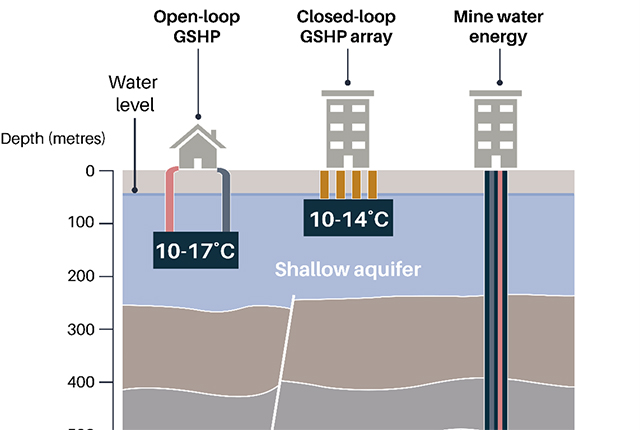
Geothermal technologies
Geothermal energy is available across the UK in different geological settings. It can be used to produce thermal (and in some places electrical) energy for a wide range of uses.
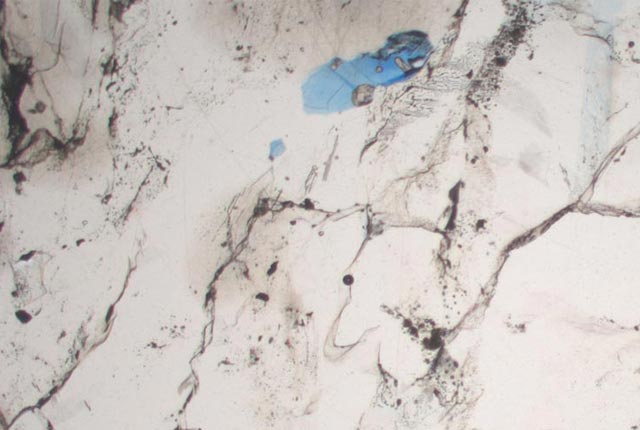
Energy storage
Continuing BGS’s sustained track record of energy storage research, which will underpin future laboratory, field and GIS-based activities and commissions.
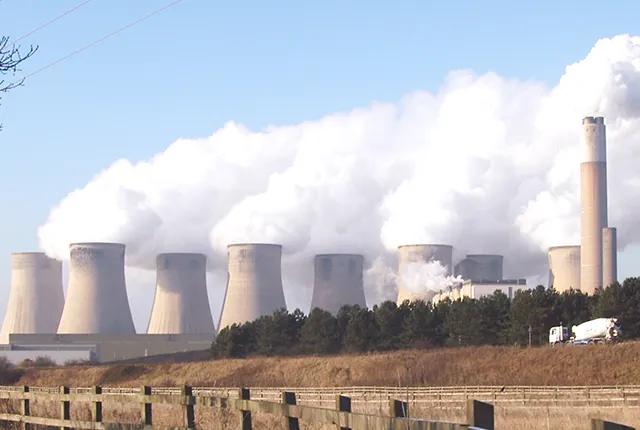
Carbon capture and storage
Studying carbon dioxide storage as a recognised European centre of excellence in a number of research areas.
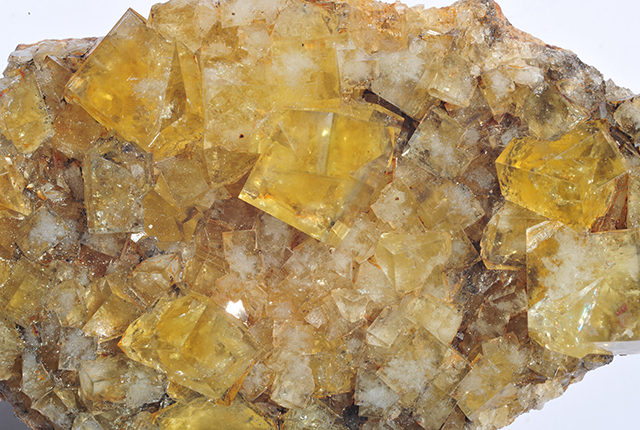
Mineral resource security and flows
Monitoring mineral production, trade flows and other relevant statistics within the UK to respond to the economy’s demand for raw materials.
You may also be interested in
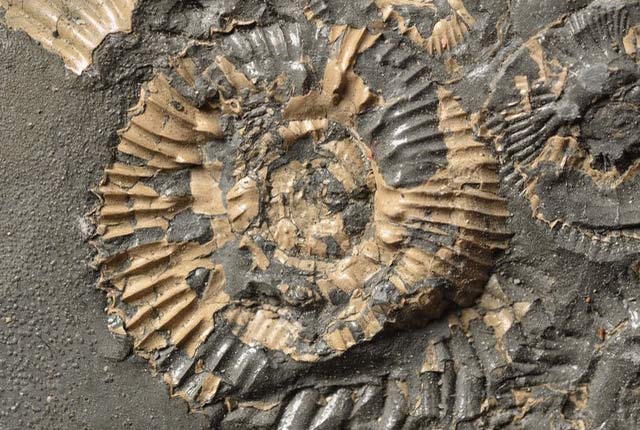
Discovering Geology
Discovering Geology introduces a range of geoscience topics to school-age students and learners of all ages.
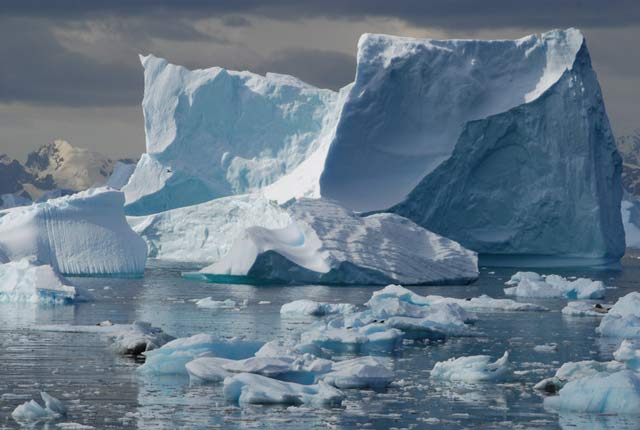
Discovering Geology: climate change
What is the difference between weather and climate? what causes the Earth’s climate to change and what are the impacts? Find out more with our Discovery Geology climate change resources.
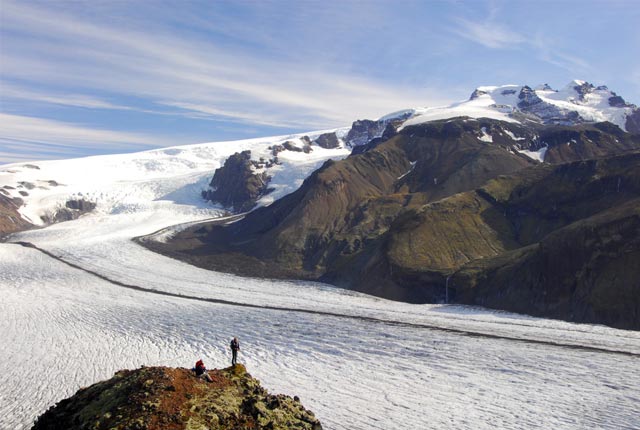
What causes the Earth’s climate to change?
Geological records demonstrate that there have been a number of large variations in Earth’s climate in the past.
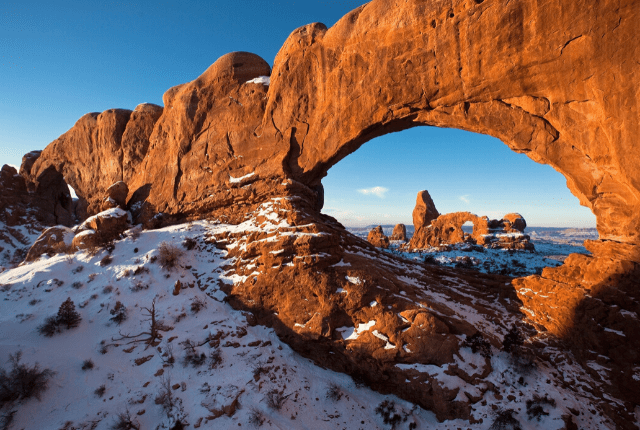
Impacts of climate change
Temperature rises can affect agriculture, sea levels and the frequency of extreme weather incidents. We can study past climate change by looking at the evidence in rocks, fossils and changes in the landscape.
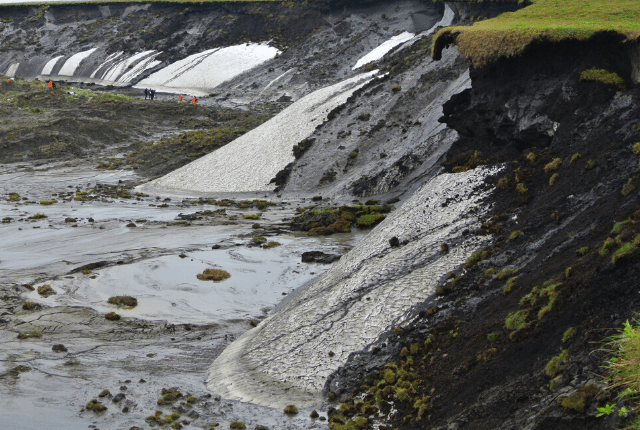
The carbon story
The carbon cycle describes the process in which carbon atoms continually travel from the atmosphere into the Earth, then released back into the atmosphere.
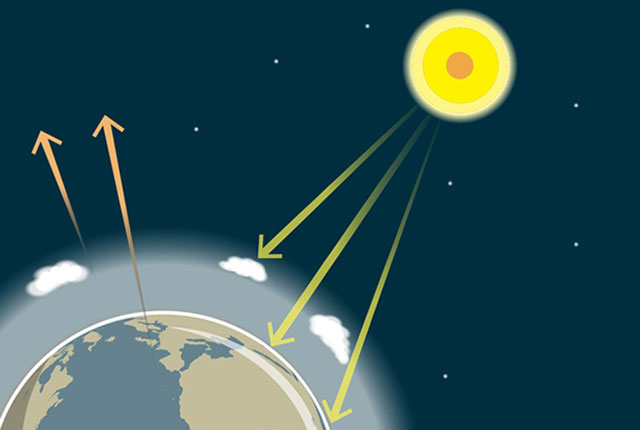
The greenhouse effect
Gases in the Earth’s atmosphere act as an insulating blanket around the planet, trapping more of the Sun’s heat.
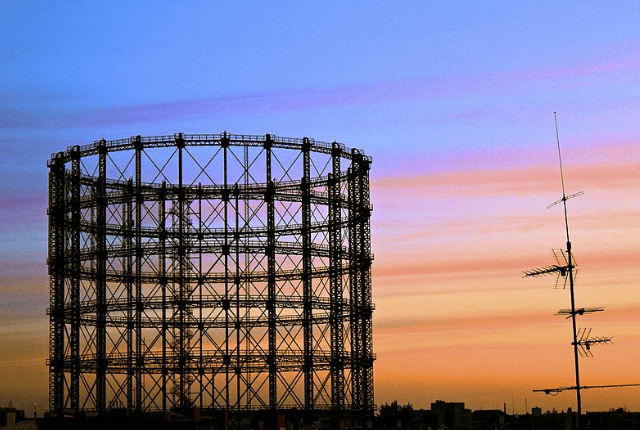
Understanding carbon capture and storage
Carbon capture and storage involves capturing carbon dioxide at emission sources, such as power stations, then transporting and storing it underground.

